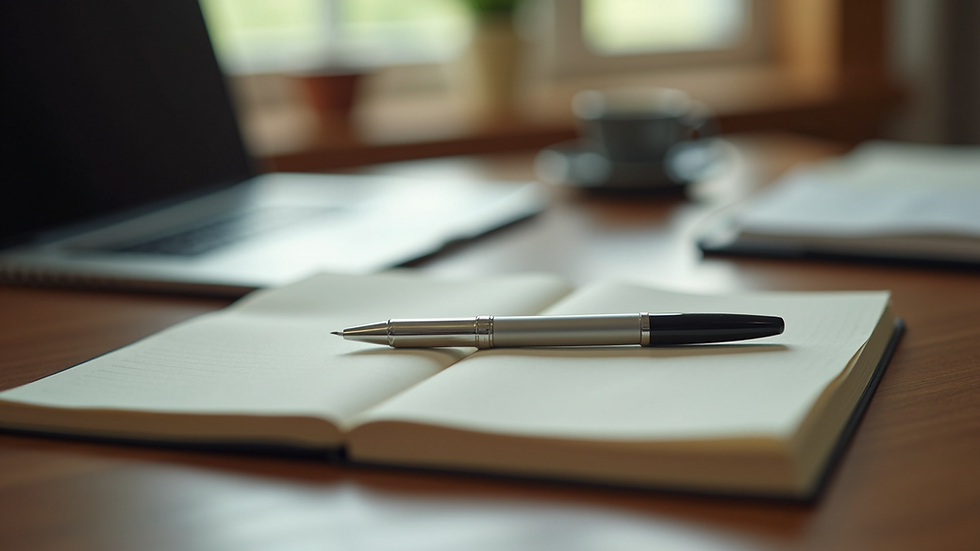How Relaxation Can Improve Your Overall Well-Being
- Renew Balance
- Apr 28, 2025
- 4 min read
In our fast-paced world, we often overlook the importance of relaxation. It is easy to get swept up in daily responsibilities, leading to stress and burnout. However, prioritizing relaxation can significantly enhance your overall well-being. From mentally calming your mind to physically healing your body, relaxation is a crucial element of a healthy lifestyle.
Want to read more?
Subscribe to renewbalancemw.com to keep reading this exclusive post.


